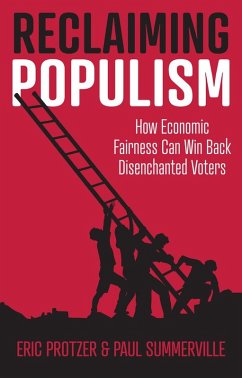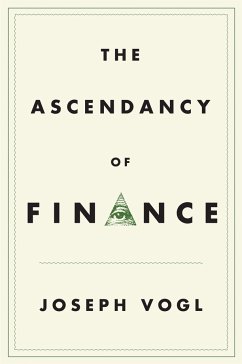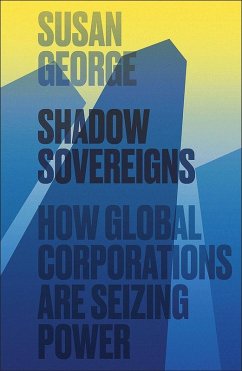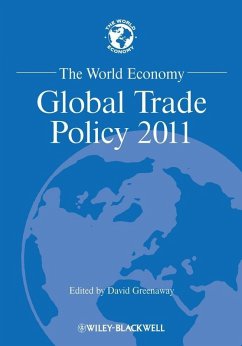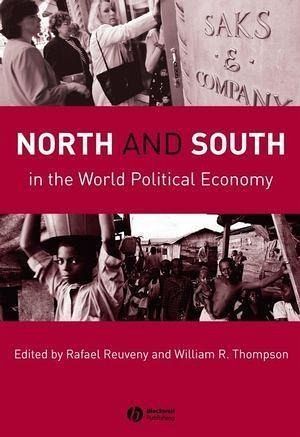
North and South in the World Political Economy (eBook, PDF)
Versandkostenfrei!
Sofort per Download lieferbar
97,99 €
inkl. MwSt.
Weitere Ausgaben:

PAYBACK Punkte
0 °P sammeln!
A broad yet distinctive analysis of the growing political, economic, and social gap existing between the world's northern and southern hemispheres. Featuring papers selected by the ISA President from the 2006 annual meeting, this upper-level volume examines the genesis of the North-South divide, the ongoing policy problems between developed and lesser developed states, and how these issues influence current and future world politics. * * An upper-level text ideal for academic libraries, think tanks, and libraries of policy institutions * Organized into three distinct focus clusters: Problems a...
A broad yet distinctive analysis of the growing political, economic, and social gap existing between the world's northern and southern hemispheres. Featuring papers selected by the ISA President from the 2006 annual meeting, this upper-level volume examines the genesis of the North-South divide, the ongoing policy problems between developed and lesser developed states, and how these issues influence current and future world politics. * * An upper-level text ideal for academic libraries, think tanks, and libraries of policy institutions * Organized into three distinct focus clusters: Problems afflicting the global South -- trade, development, financial crises, structural adjustment, democratization, human rights, disease; Specific conflicts between North and South -- energy, terrorism, weak states, nuclear weapon proliferation; Solutions to reduce the North-South gap -- foreign aid programs, global media, democratization, political power in the United Nations, the emerging powers phenomenon, transnational social movements, and Northern foreign policy adjustments * Tackles the tough questions likely to dominate international relations discourse for decades to come
Dieser Download kann aus rechtlichen Gründen nur mit Rechnungsadresse in A, B, BG, CY, CZ, D, DK, EW, E, FIN, F, GR, HR, H, IRL, I, LT, L, LR, M, NL, PL, P, R, S, SLO, SK ausgeliefert werden.



